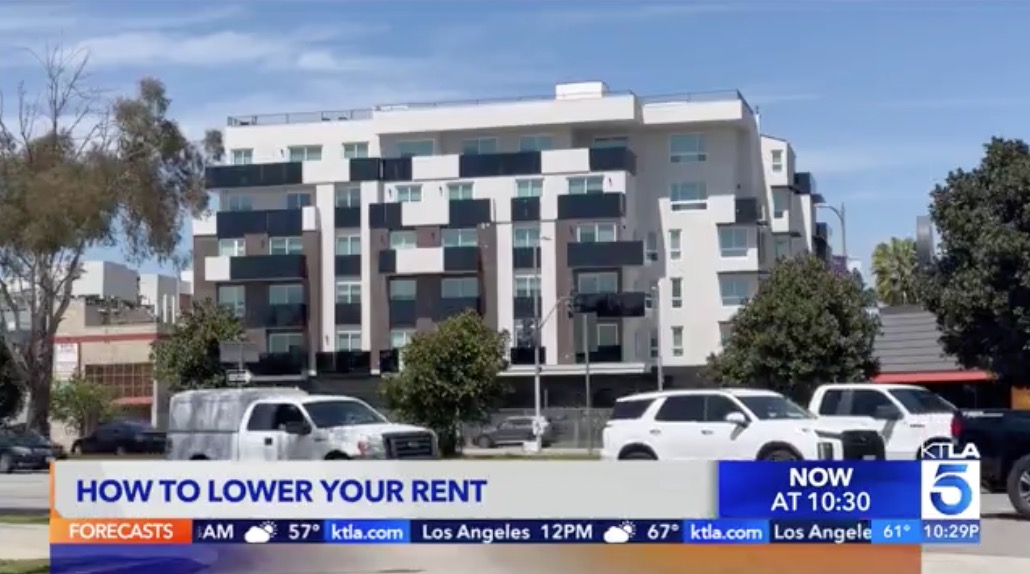Life is best described as unpredictable, and it takes you by surprise most of the time. You may have signed your rental contract for 2 years, but there might come a time when you have to break your rental lease earlier than that. There could be numerous reasons for that, such as a family emergency, job loss, medical emergency, illness, and many others.
Such circumstances can force renters and tenants to terminate their rental lease, which isn’t really a smooth or an easy process. It’s also very time-consuming because a number of complications can arise midway, so it’s essential that you are prepared for anything and everything.
There are a few ways to go about it, but before you absolutely go for it, there are some things that you need to do and consider in order to make a decision that’s in your best interest.
Understand the Financial Consequences
Breaking a rental lease can be quite an expensive process because you will be required to pay a penalty. It is vital that you thoroughly understand the financial consequences that come with it.
The penalty can amount to two months’ rent plus your security deposit. All the details regarding the lease and its terms are likely to be mentioned in your rental agreement so make sure to read it.
Your landlord can also ask you to pay for any damage reparation on the property, so you must assess your financial situation and bear in mind all the financial penalties associated with lease termination.
Assess Your Situation
There are multiple situations and reasons that constitute legal grounds for breaking a rental lease. This means that if you happen to be experiencing any of those circumstances, you can legally break your rental lease. These typically include:
- You are a member of the military and have received a notice that says your station has been changed
- You find out that the rental property you are living in is illegal
- The condition of the rental is really bad, and the landlord has failed to provide basic facilities and services
- You have been subject to domestic violence, assault, harassment, or stalking
- Your landlord breached their end of the lease, or they trespassed on the property
Read Through Your Lease
Before anything else, first, make sure to go through your signed rental contract and see what it says. Most contracts feature a section with specifications about early lease termination. You might also come across complex legal jargon, so it’s essential that you know how to read a lease and understand what the terms mean.
The lease termination policy section must outline specific circumstances in which breaking a lease is acceptable. Look for these details, but in case you can’t find anything on early release or lease termination in your contract, don’t start panicking yet.

Talk to Your Landlord
If your lease doesn’t say anything about lease termination, the next best thing to do is to talk to your landlord and explain your situation to them.
Get in touch with them right away through phone, email, or in person and tell them why you wish to break your rental lease.
When talking to your landlord, honest and transparency are two very important factors. You want to tell them exactly what the issue is, and if you get lucky, your landlord might just understand your situation and let you go without any penalty.
Propose a Solution
One way to work things in your favor is to propose a solution to your landlord that benefits the both of you.
For instance, you can offer to pay a reasonable penalty fee if your financial circumstances allow you, of course, or you can help your landlord in finding a new tenant for the property. The latter is a win-win for both parties, that is, if you do manage to find a renter.
Have All Necessary Documents In Place
It’s a good idea to collect the necessary documentation when meeting your landlord to strengthen your case. For instance, if you want to break your rental lease due to a medical reason, it’s best to show medical proofs, hospital statements, and other relevant documents to your landlord.
Chances are that they might be sympathetic with you and agree to your lease termination requests.
Agree to the Terms and Conditions
It’s possible that your landlord lets you break the lease, but with a few terms and conditions. This can include completing outstanding repairs, paying the full month’s rent before leaving, or vacating the property completely.
In such a case, it is best to agree to all those terms and requirements given that you have the financial means and resources to do so. If you happen to be breaking your lease due to a loss of job and are strapped financially, you can offer to come up with a plan with a signed contract stating that you will make monthly payments instead of doing it all in one go.
Find A Rental At The Earliest!
Every lease is quite different and has varying clauses, terms, and conditions. It is best to understand and read your own to see what all it says.
You might even have to seek legal assistance because sometimes, landlords can be quite difficult as it is business, after all.
If your landlord is being particularly tough to deal with it, you can get professional and reach out to a lawyer so that they can guide you accordingly as to what’s the best course of action in your situation.
If you do break your rental lease and happen to be looking for other rental options, make sure to check what’s available at Dwellsy. You will find multiple rental apartments, condos, and other places that fit your budget and requirements.








